China is among the oldest civilizations in the world and quite different from the rest, especially when compared to the western world. Most of their beliefs are based on nature and hence why plants and especially animals play an integral role in their culture. So, it should be no surprise that there are numerous animal symbols in China.
Understanding these animal symbolisms gives a better insight into the Chinese culture and its ideal characters. That is why in this post we will be looking at the various animal symbolisms and their meaning. We will also look at the role and significance of animals in China and the ones that are considered lucky according to their culture.
Animals In Chinese Culture.
In China, there are a diverse number of animals, from domesticated to wild, and from terrestrial to marine animals. Traditionally all these animals are grouped into five main classes. The scaled animals are represented by the dragon as their leader. The birds are led by the Chinese phoenix, the furry creatures are led by the Chinese unicorn, the shelled animals are represented by the tortoise and lastly, the naked creatures are represented by humans.
Being excellent philosophers and observers, the Chinese have a deeper understanding of animals. They use these creatures’ characteristics to represent the traits they would wish upon themselves. In their culture, animal symbolism serves as a reminder, charm, and sentiments. These symbols may bring a great influence on your life. Therefore, by understanding and utilizing their meaning you will e conjuring up the desired aspects of each symbol.
What Animals Are A Symbol Of Good Luck In China?
There are many animals considered to bring luck in Chinese culture especially when utilized in Fengshui applications. Feng shui is mostly about energy flow and living in harmony with the environment. The following are some important Feng Shui animal symbols:
Bats.
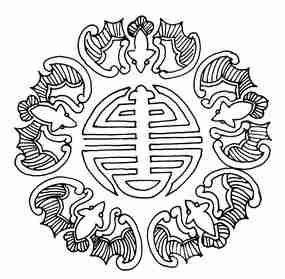
In western culture, bats have been represented as evil blood-sucking creatures and are often associated with vampire fiction. To the Chinese, however, bats are seen as ancient feng shui symbols. The word bat in Chinese also means prosperity, therefore bats are seen as representations of wealth and abundance. Placing a bat symbol in the southeast of your home or business is said to cure all your financial troubles. Also placing five bat symbols together is a representation of the Five Chinese blessings, that is, long life, peaceful death, wealth, health, and virtue.
Carp.
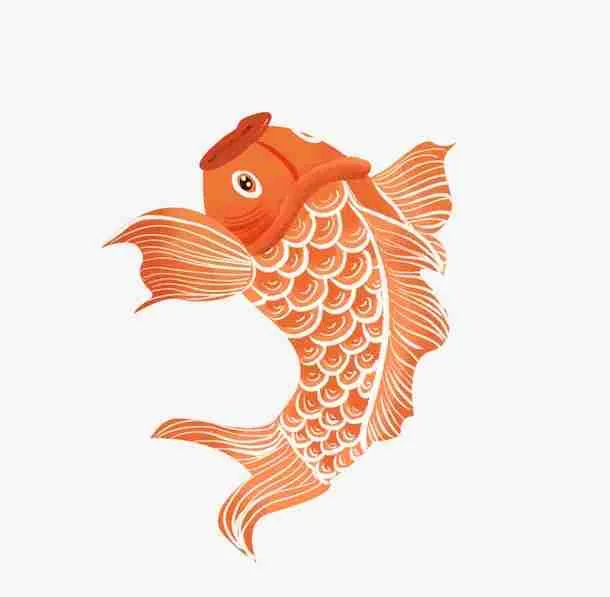
Also known as Koi, this fish is another ancient symbol of Feng Shui said to represent perseverance and hardship. This is based on the legend of the carp that jumped and crossed the dragon gate, transforming into a mighty dragon. The Chinese word for carp is also similar to the Chinese word for favorable. Therefore, they are also a symbol of having a favorable advantage. The scholars use this symbol for literally success, while business people use it to succeed in their business.
Deer.
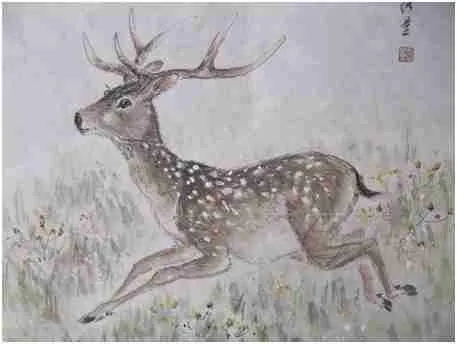
Deer is also considered a good luck symbol because the Chinese word for deer can also be translated to good fortune. It is therefore seen as a symbol of abundance. Based on its traits, deer is also the representation of grace and elegance. The Chinese also see it as a symbol of longevity. By placing a deer symbol on the east section of your home, you will receive good health and by placing it in the southeast, you will receive wealth.
Crane.
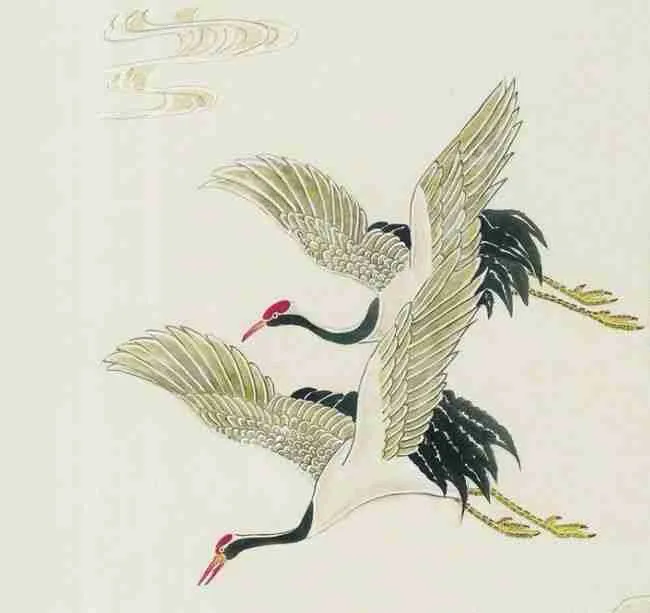
Another feng shui symbol for longevity is the crane. This is based on their well-known long-life span. The Chinese therefore believe that they are bringers of peace and long life. Some ancient legends also talk about cranes being responsible for carrying the souls of the departed to heaven. Placing a crane symbol in the east section of your home will bring you long life and prevent any illnesses.
Elephants.
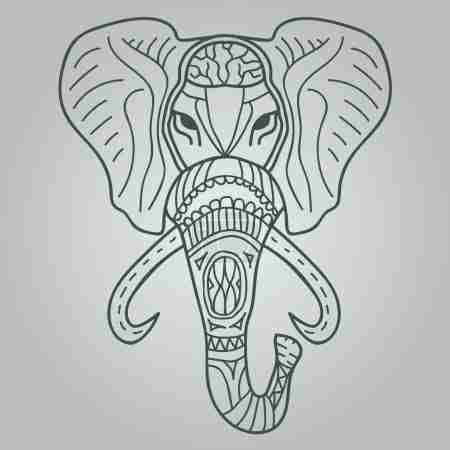
Elephants are revered animals, not just in China, but in India and Thailand too. In China, elephants are seen as a good luck symbol and a representation of propitious and auspiciousness. The Chinese name for elephant is also similar to the Chinese word for good fortune. In Fengshui, aside from good luck, the energies associated with the elephant also include wisdom, fertility, and protection. Most elephant symbols are usually depicted with the elephant’s trunk up, to present it showering blessing upon you.
Dragon Turtle.
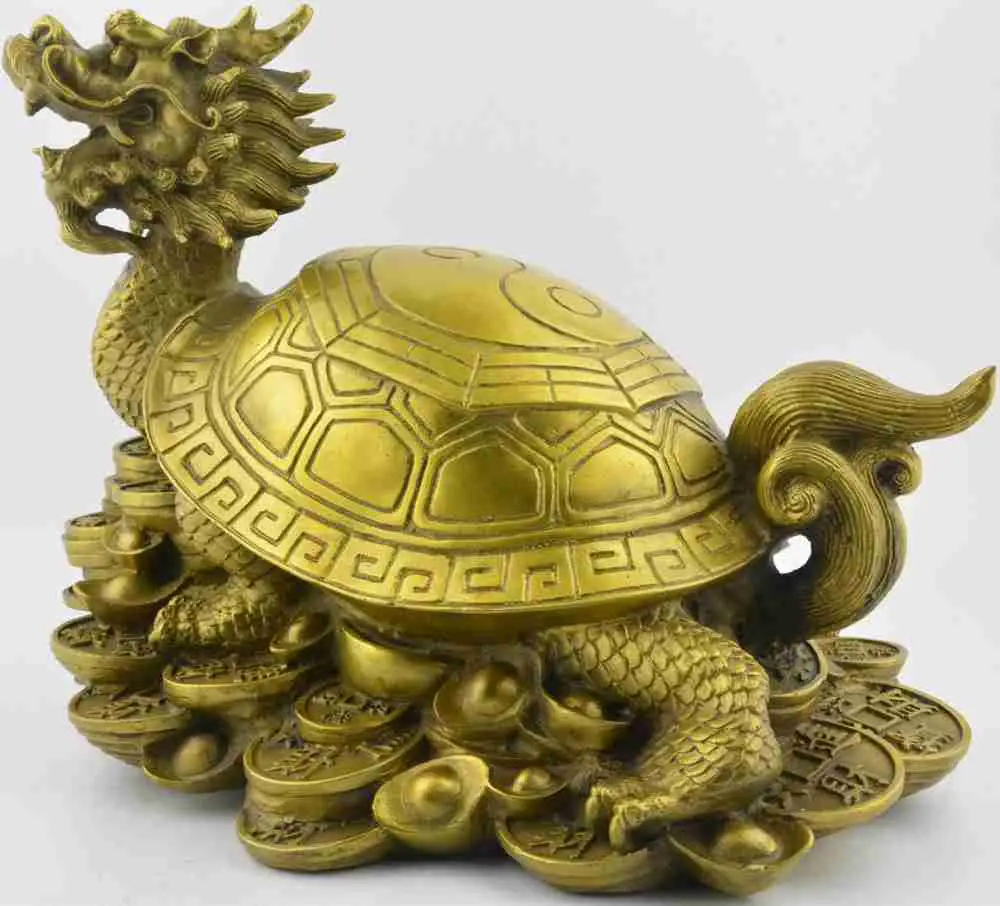
This creature has the head of a dragon and the body of a turtle. In Chinese culture, both the dragon and turtle are seen as auspicious and significant creatures. The dragon turtle is therefore seen as a symbol of luck and courage. The Chinese also believe that it brings stability and protects the homes which contain its symbol.
Mandarin Duck.
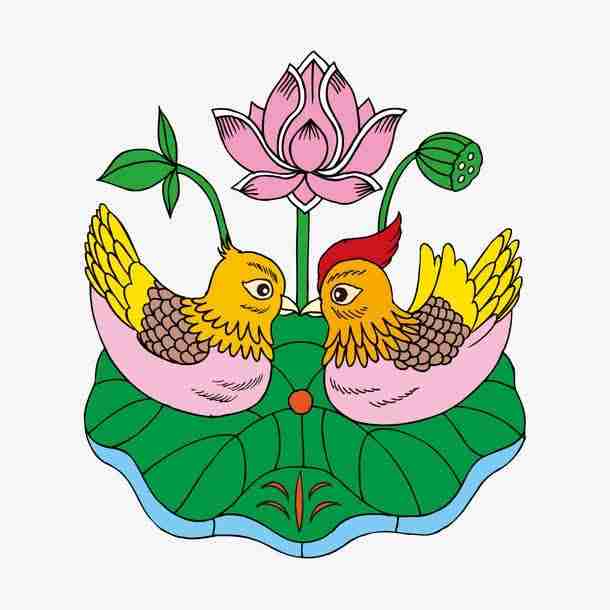
The mandarin ducks come in pairs of male and female. They are seen as the bringers of luck when it comes to love and marriage. In feng shui, they are used to attract new love or cure the lack of love by enhancing the passion between couples. These ducks are therefore a representation of a happy marriage. The best place to place these symbols is in the southwest sector of a couple’s room.
Tortoise/Turtle.
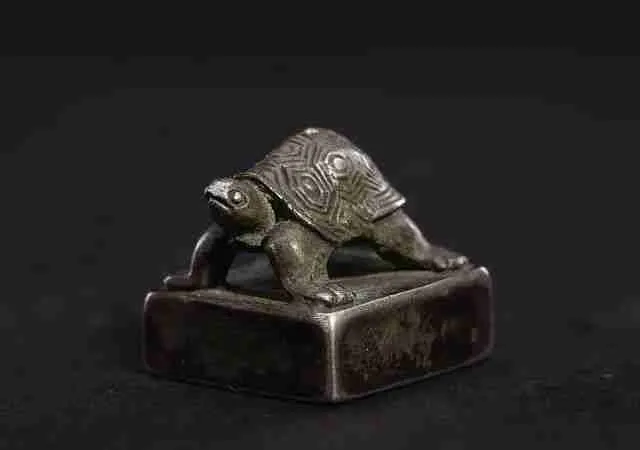
Belonging to the same family, tortoises and turtles are known for their long-life spans. In Feng Shui, turtles are connected to the ancient energy of the earth’s wisdom. They are seen as protectors and believed to bring stability and longevity. Tortoises are also believed to bring good health and help revive failing careers.
Horse.
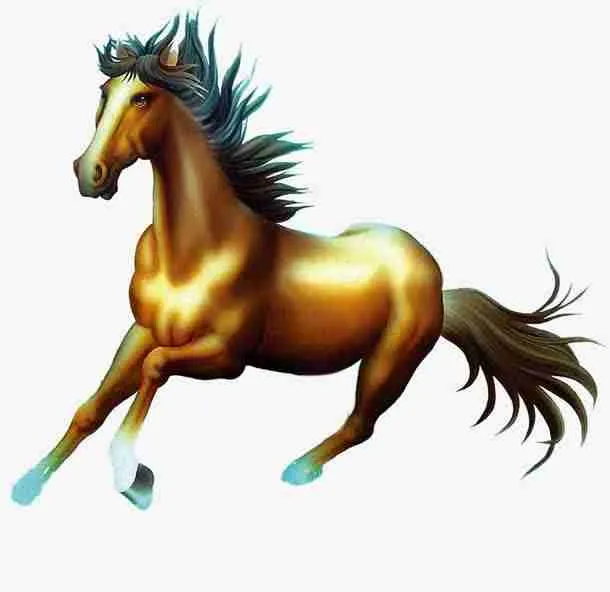
Also, a part of the Chinese Zodiac signs, horses is highly powerful symbols in Chinese culture. In Feng Shui, horses are a symbol of strength, power, and success. They are said to bring you fame, recognition, and success. Buddhists also view horses as symbols of purity, endurance, and loyalty.
Magpie.
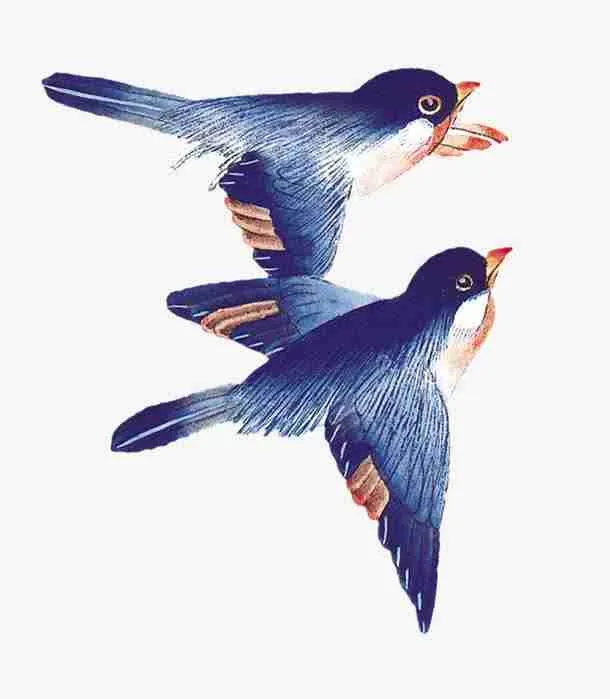
The Chinese also like referring to this tiny feathered creature as the bird of joy. It is therefore considered to be the symbol of joy. Its Chinese name, however, can be used to mean two things. When placed upside-down, it means good fortune, but when it’s on the right side up, it means that happiness is coming. They are especially a symbol of joy strongly associated with marriage and children. That’s why if a magpie was to nest in your home it would be a great cause of celebration.
List Of Chinese Animal Symbols And Meanings.
The list above is but a small percentage of animal symbols. There is still a wider list of animal symbols. Even though some are not directly connected to luck, they are significant and auspicious symbols. The following are more of the important animal symbols in China:
Butterflies.
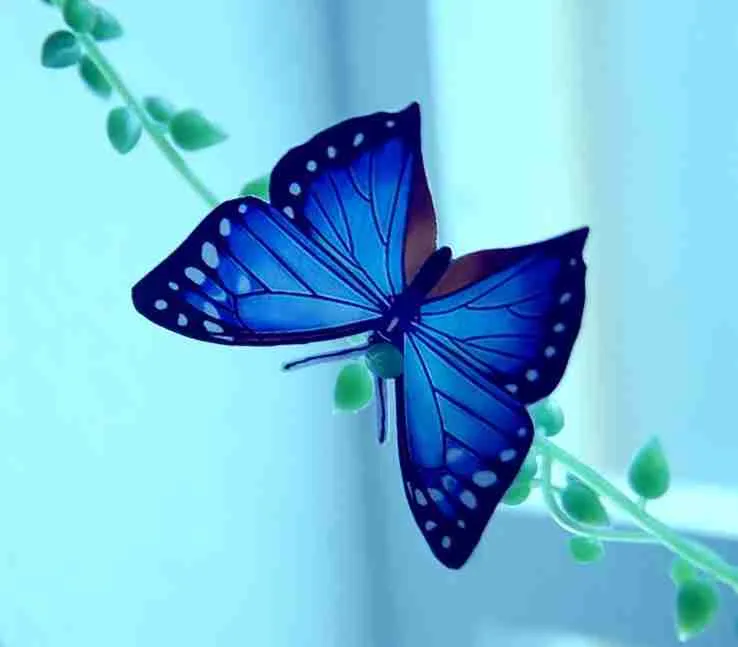
These beautiful creatures are seen as the symbol of love in terms of the undying bond between lovers. It is especially associated with young love and the happy social lives of those young or young-at-life. Butterflies, therefore, serve as a reminder of the energy of love and works to re-energize the love shared between loved ones.
Badgers.
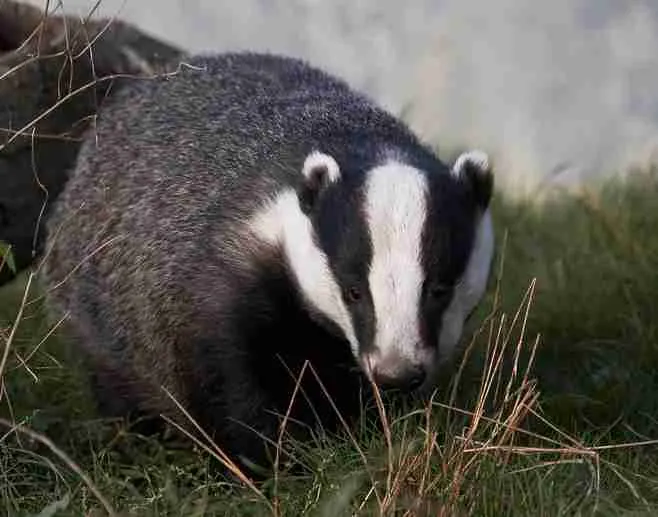
Like magpies, badgers are also seen as a symbol of joy and happiness. That is why they are often depicted in pictures, or other artworks, together. A depiction of a flying magpie and badger represents happiness both in heaven and on earth. A depiction with the magpie perched along with a badger is a representation of future happiness. In some places, the names used for cats and badgers are interchangeable, so you may find that some pictures of cats symbolize happiness.
Crabs.
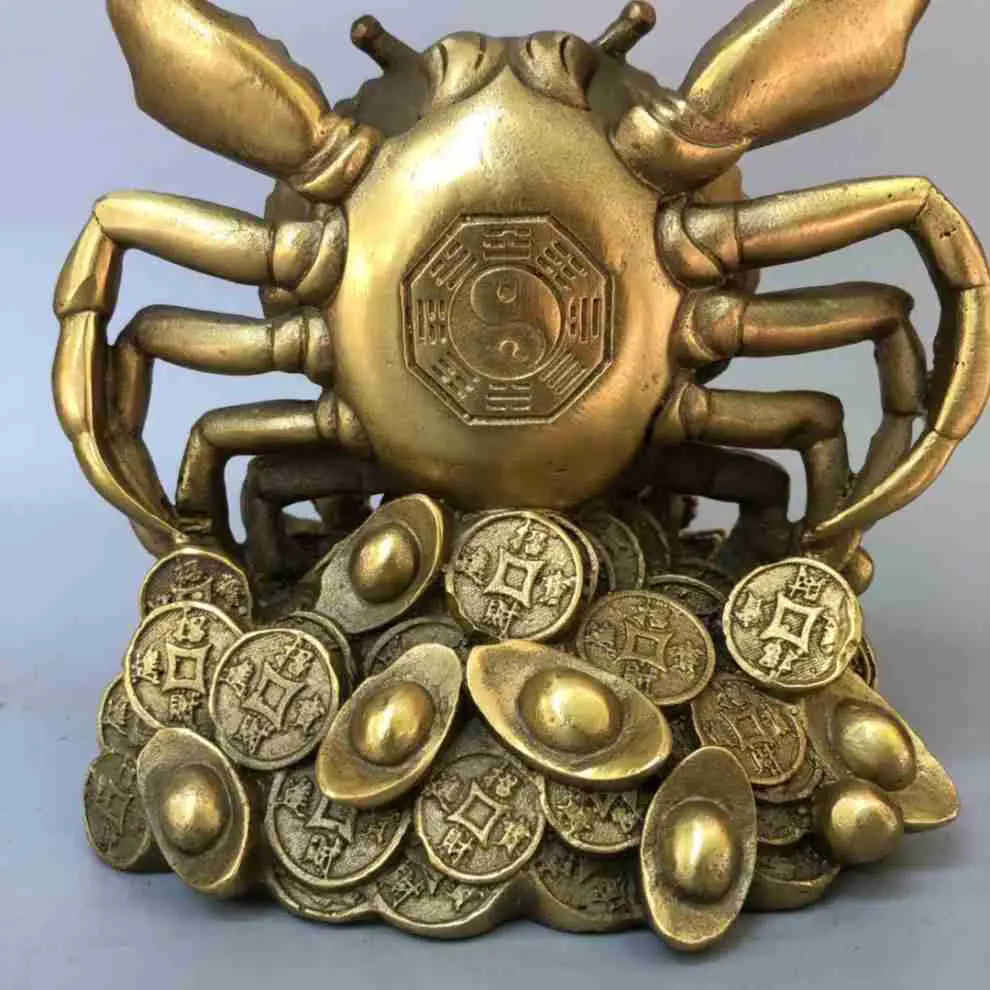
The crab is seen as a symbol of harmony since its name has a similar sound to the word meaning harmony. The crab also symbolizes first place. During the imperial era, two crabs were used to symbolize the first and second scores of the imperial examination. This was based on the crab’s shell, which in Chinese also means first, representing the first heavenly stem. Crab symbols, therefore, represent the wish to come first.
Gold Fish.
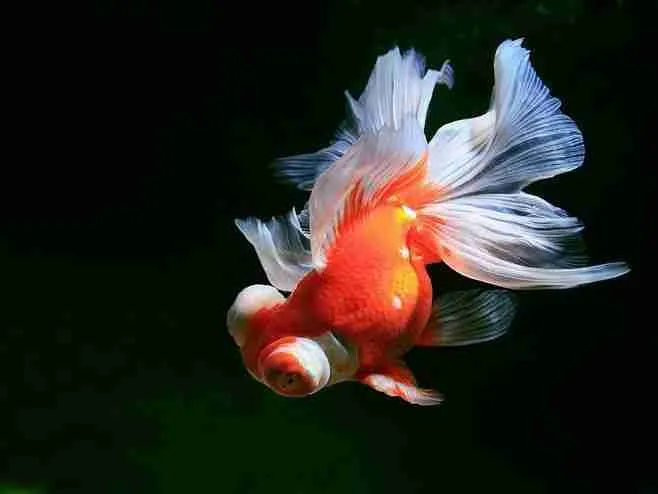
This is a popular symbol in Chinese culture and is often depicted with a lotus. Fish are already seen as a symbol of abundance because of the similarity in their names. But, due to the golden color of these fishes, the Chinese see them specifically as a symbol of the abundance of gold. They are believed to bring you wealth and harmony. That is why during new Year you’ll often find pictures taken of a child carrying a lotus flower and a large goldfish.
Tiger.
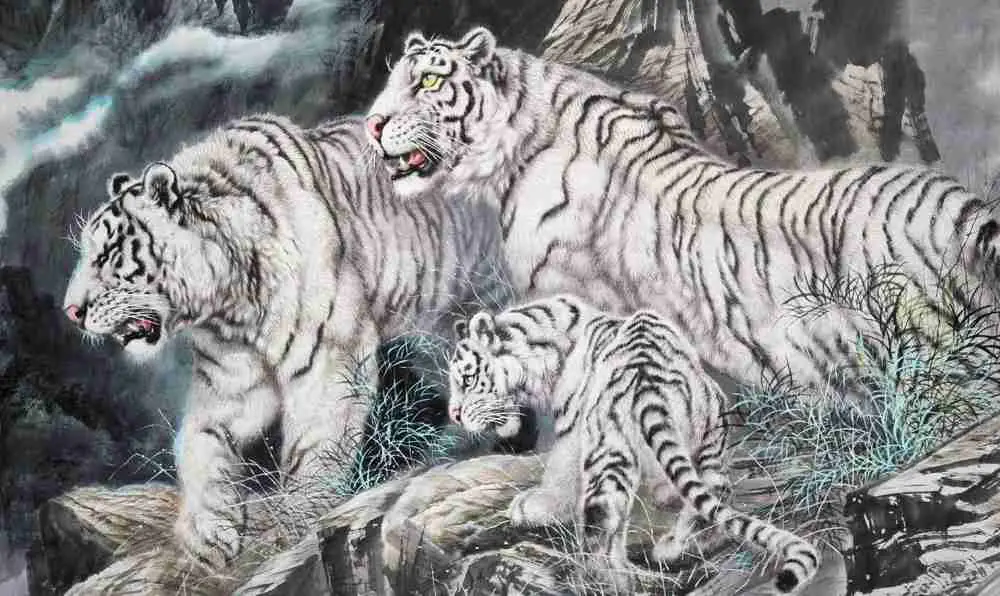
This magnificent beast is highly revered in China since ancient times. It is a representation of courage, ferocity, sternness, and dignity. The tiger is seen as a symbol of safekeeping and as a protector. The Chinese believe that it has the power to ward off evil. In some areas of China, some believe that or associate the tiger with the god of wealth. That’s because he is often depicted sitting on a tiger.
Lion dogs.
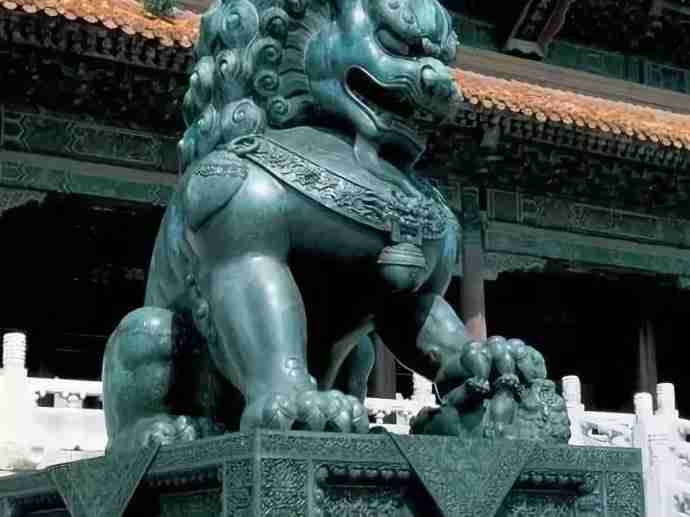
These two are other guardian symbol in Chinese culture. They are also called foo/fu dogs or the imperial guardian lions. Since the imperial era, statues of these lions have been placed outside palaces, temples, government offices, and homes. That is because they are symbols of strength and bravery and are seen as protectors. They are often in pairs, whereby the female is said to protect the interior of a building and those who inhabit it, while the male protects the foundation and structure of the building.
Dragons.
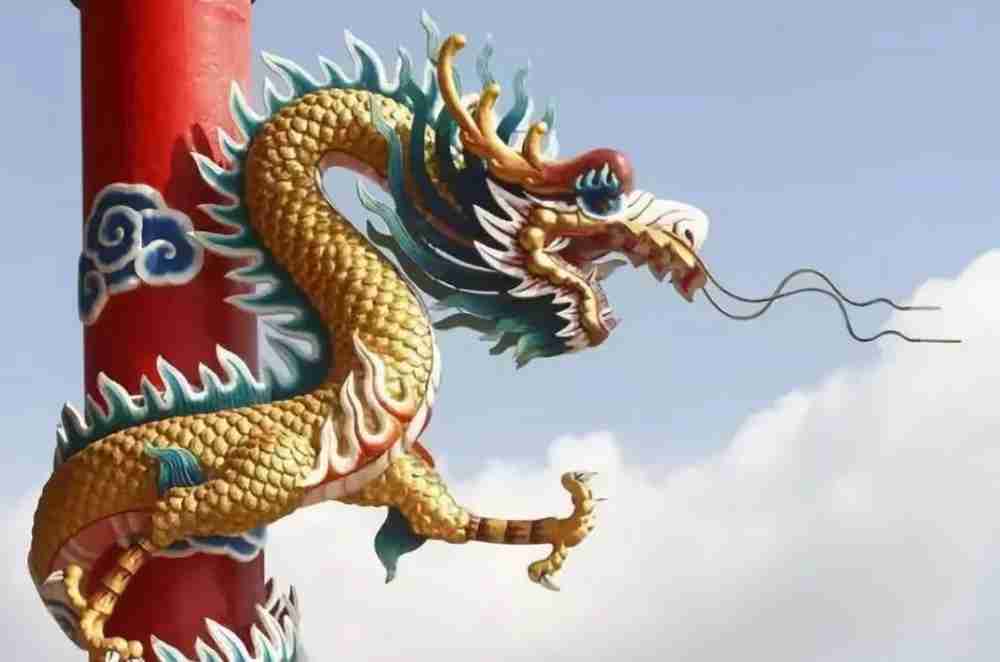
These are mystical creatures considered to be very auspicious in Chinese culture. There are a lot of symbols associated with the dragon. The most important symbol was that of royalty and power. That is why the dragon was used to represent the emperor. Every royal male in the palace would also wear robes with dragons embroidered on them. Dragons are also seen as protectors against evil and can even protect your home from theft or you from losing money.
Phoenix.
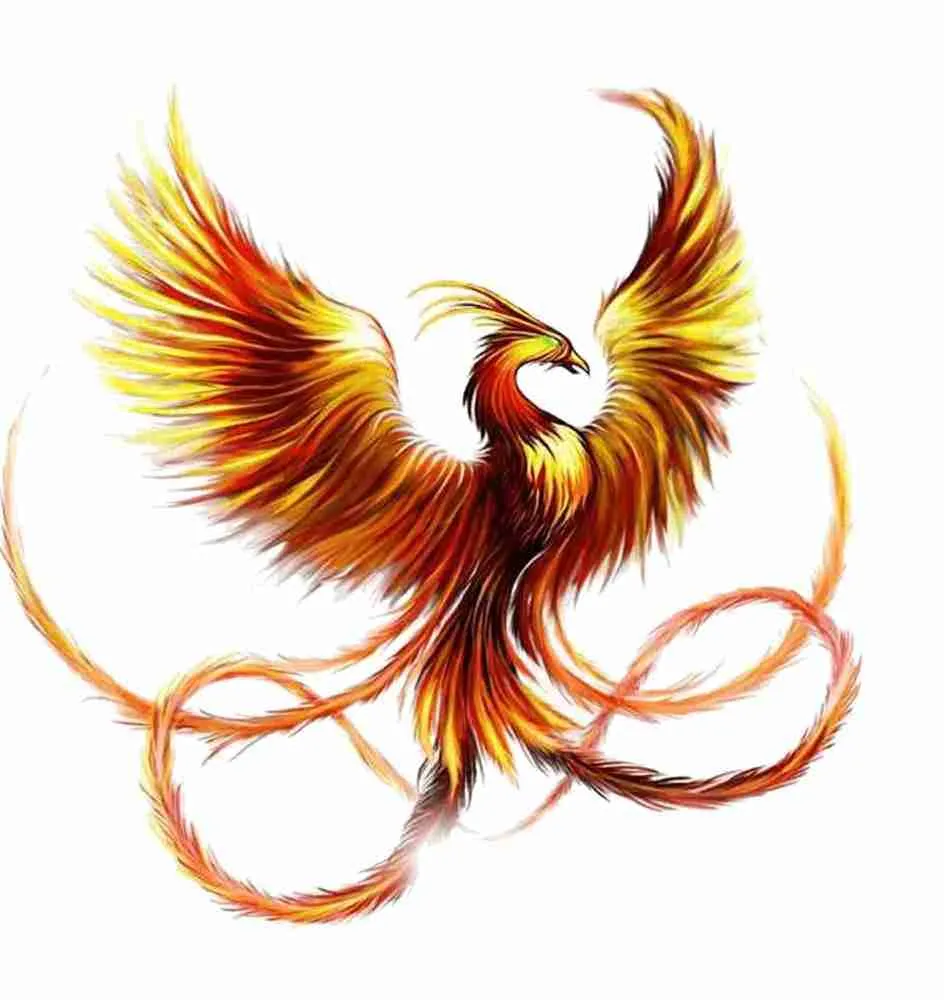
This is another auspicious mystical creature that carries various meanings in the Chinese culture. They are known to rise out of ashes and are a symbol of the fire element. The Phoenix is a great symbol for new love interests. They are also believed to be the dragon’s female counterparts. That is why the phoenix represented the empress and royal women in the palace. The Chinese also believe that the phoenix brings fame and recognition.
Conclusion:
The animals mentioned here are just a few of the important animal symbols in Chinese. Most of them are lucky symbols or auspicious ones. Others represent seasons and others derive their symbolism from their traits. All of these symbols are deeply rooted in Chinese culture and are practiced and believed in even today. All over the world, you will most likely find a few of these symbols in a Chinese home. You can also add these symbols to your home or business. Just be careful not to overload them.